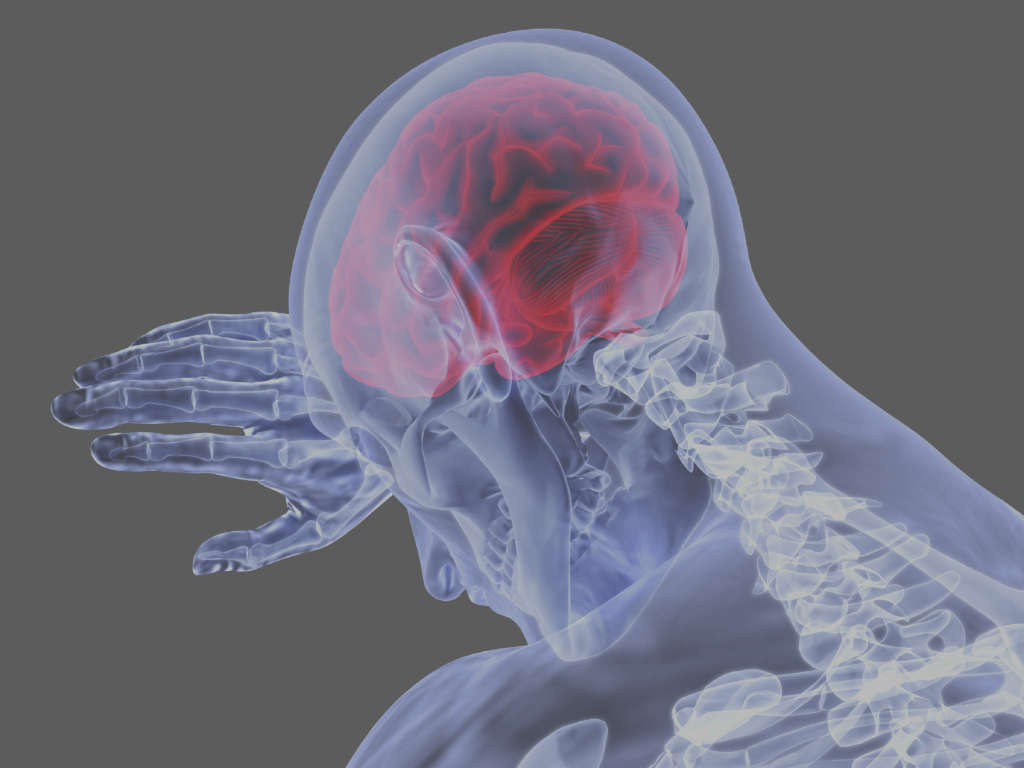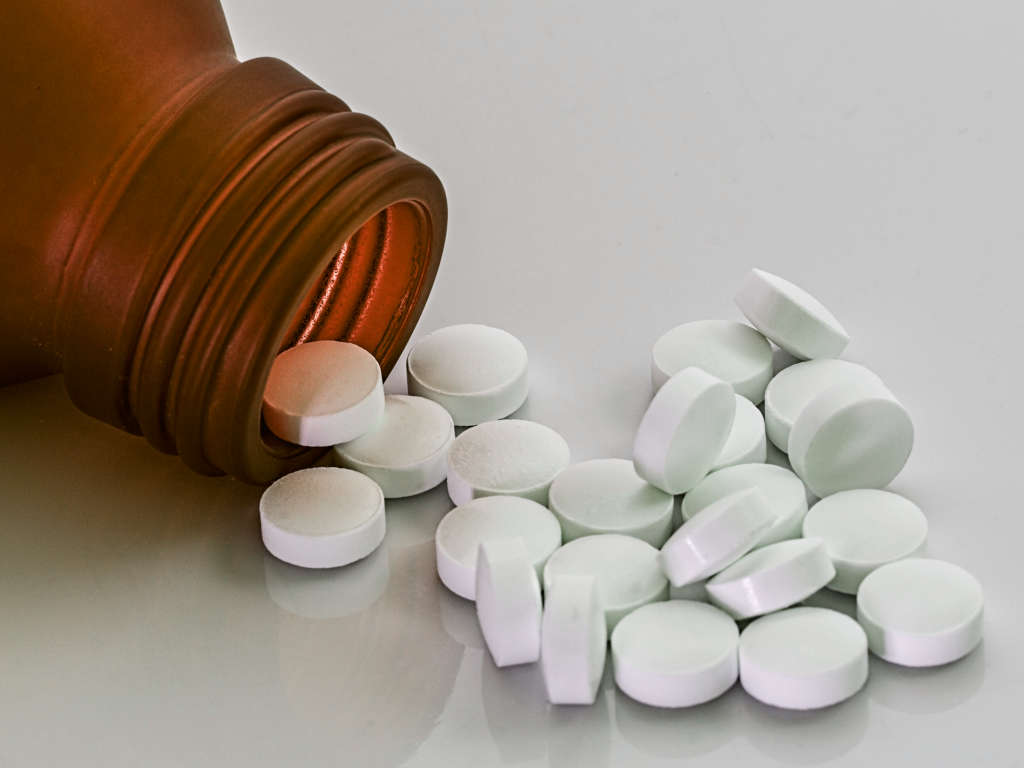What are Amphetamines
Amphetamines are stimulants that effect the central nervous system and include amphetamine, methamphetamine and dextroamphetamine. When taken, they produce a feeling of increased energy, confidence, focus and is dependent on the amount or dose taken.

“According to the Center for Substance Abuse Research, amphetamine was first synthesized in Germany in the late 1800s; however, its stimulant properties were not really discovered until about the 1930s, when it began to be used to treat nasal congestion”
As time went on amphetamines began to be used to treat alcohol hangovers and weight loss. Today, they are typically prescribed by doctors to treat disorders such as obesity, narcolepsy and attention-deficit/hyperactivity disorder.
Types of Amphetamines
Amphetamines are considered illegal if they are obtained without a prescription from a doctor and they are legal if a doctor or medical professional prescribes them to you.
The most common amphetamines include:
- Adderall
- Concerta
- Dexedrine
- Focalin
- Metadate
- Methylin
- Ritalin
They can be taken in different forms that include:
- Being swallowed
- Dabbed onto the gums
- Smoked
- Injected into a vein (shooting up)
- Inhaled through the nose (snorted)
Typical street names for amphetamines include crank, bennies, black beauties, ice, uppers and speed.
Side Effects of Using Amphetamines
Some of the many side effects from using amphetamines can include:
- Headache
- Trouble sleeping
- Upset stomach
- Unpleasant taste in your mouth
- Anxiety
- Mood swings
- Diminished appetite
- Diarrhea or constipation
- Sexual dysfunction
- Vomiting
- Dizziness
- Itching
- Dry mouth
- Weight loss
There can also be serious side effects that include:
- Mental health problems
- Heart problems that could result in stroke, sudden death, heart attack or increased blood pressure
- Psychotic symptoms or other psychiatric issues such as hearing voices or hallucinations
- Problems with circulation
Risk Factors
You may have a higher risk for using amphetamines if you have the following:
- Easy access to amphetamines or are around someone who uses them frequently
- A stressful lifestyle or environment
- Depression, bipolar disorder, anxiety disorders, or schizophrenia
Amphetamines and the Body
Amphetamine is considered a schedule II drug which means the risk for misuse and addiction is highly likely. It is also possible for it to lead to severe psychological and physical dependence. In certain tests it can be detectable for up to three months.
How Long are Amphetamines in Your System
Amphetamines typically have a half-life of an average of 10 hours which means that it takes about that time for half of the dose to be eliminated from the body and metabolized. When taken intravenously (injected) the half life is about 12.2 hours and about 12 hours when taken orally. For children taking Adderall XR, an amphetamine that is long lasting can stay in young healthy children’s systems for up to 12 hours.
Testing for Amphetamines
The following time frames are an estimation of when amphetamines can be detected in different forms of testing. They are typically in person’s system for:
- Hair: Up to three months
- Urine: Up to five days
- Saliva: Up to five days
- Blood: Up to 48 hours
Hair- amphetamine can be detected in hair follicles for up to 90 days
Urine- amphetamine can be detected in urine for 2-5 days upon the last dose
Saliva- a special test for saliva can detect amphetamine use for 1-5 since last use
Blood- typically done in a hospital setting, a blood test can detect amphetamines for up to 2 days after use
Factors that Contribute to How Long Amphetamines Will Remain in Your System
Biological Factors/Genetics
A person’s genetic makeup often determines how often their body metabolizes substances.
Age
Our age plays a role in how our organs function as well as our rates of metabolism. Usually, someone who is younger will metabolize substances more quickly than someone who is older. Age is a huge factor in how quickly someone can eliminate toxins from their body.
Body Weight/Height
A person’s body weight and height determine how quickly they can eliminate a substance from their body.
Liver and Kidney Function
Someone with a dysfunctional kidney or liver will have a harder time eliminating the toxins from amphetamines from their body.
Frequency of Use
How much and how often someone uses amphetamines will greatly impact how quickly they can eliminate it from their body.
Metabolism
Although a person’s diet, supplements and how often they exercise play a role, generally someone with a higher metabolism will be able to eliminate toxins more quickly than someone with a slower metabolism.
Amphetamine Addiction

People who take amphetamines may end up taking larger doses to obtain the same “high” or feeling that they normally have when taking it. From drugabuse.com, “People who use amphetamines regularly can develop a tolerance to them, which means they need to regularly boost their dosage to achieve the same effect. Amphetamine users may find themselves taking increasingly larger doses in order to experience the drug’s expected “high” effect.”
Symptoms of Amphetamine Addiction
Some signs and symptoms of amphetamine misuse can include:
- Insomnia
- Aggression
- Mood swings
- Changing friend groups or hanging out with different people
- Missing a pill from a prescription
- Decreased appetite or weight loss
- Upset stomach
- Loss of interest in activities that were once enjoyed
- Paranoia
- Time is spent using and looking for the drug
Treatment for Amphetamines
Even though amphetamines are prescribed for medical reasons, they do have a high rate of addiction and misuse. Treatment is available for amphetamine addiction near you. Many people who become addicted to amphetamines will require some form of professional amphetamine treatment assistance to overcome their problem.
Forms of Amphetamine Treatment
Detoxification- often the first step in the treatment process, detoxing requires a person to withdrawal from a substance in a safe, controlled environment.
Inpatient Treatment Centers- treatment where you receive 24-7 care with medical professionals, counselors or other specialized treatment staff.
Intensive Outpatient Treatment- a less intensive option for treatment but allows the person to remain living at home. Usually this form of treatment is not as beneficial and additional services are needed.
Aftercare or Sober Living Facilities- continuing services after treatment is essential in your recovery. Some aftercare services can include:
- Attending 12-step support groups
- Living in a sober living facility for a period of time or other therapeutic communities
- Ongoing counseling or therapy to address addiction or substance abuse problems
Recovery Support Groups- free self-help support group meetings that are usually included in treatment. These meetings may be based off the 12-step model, Narcotics Anonymous (NA), or other programs such as SMART recovery.
Facebook
Twitter
LinkedIn
Reddit
Facebook
Twitter
LinkedIn
Reddit
